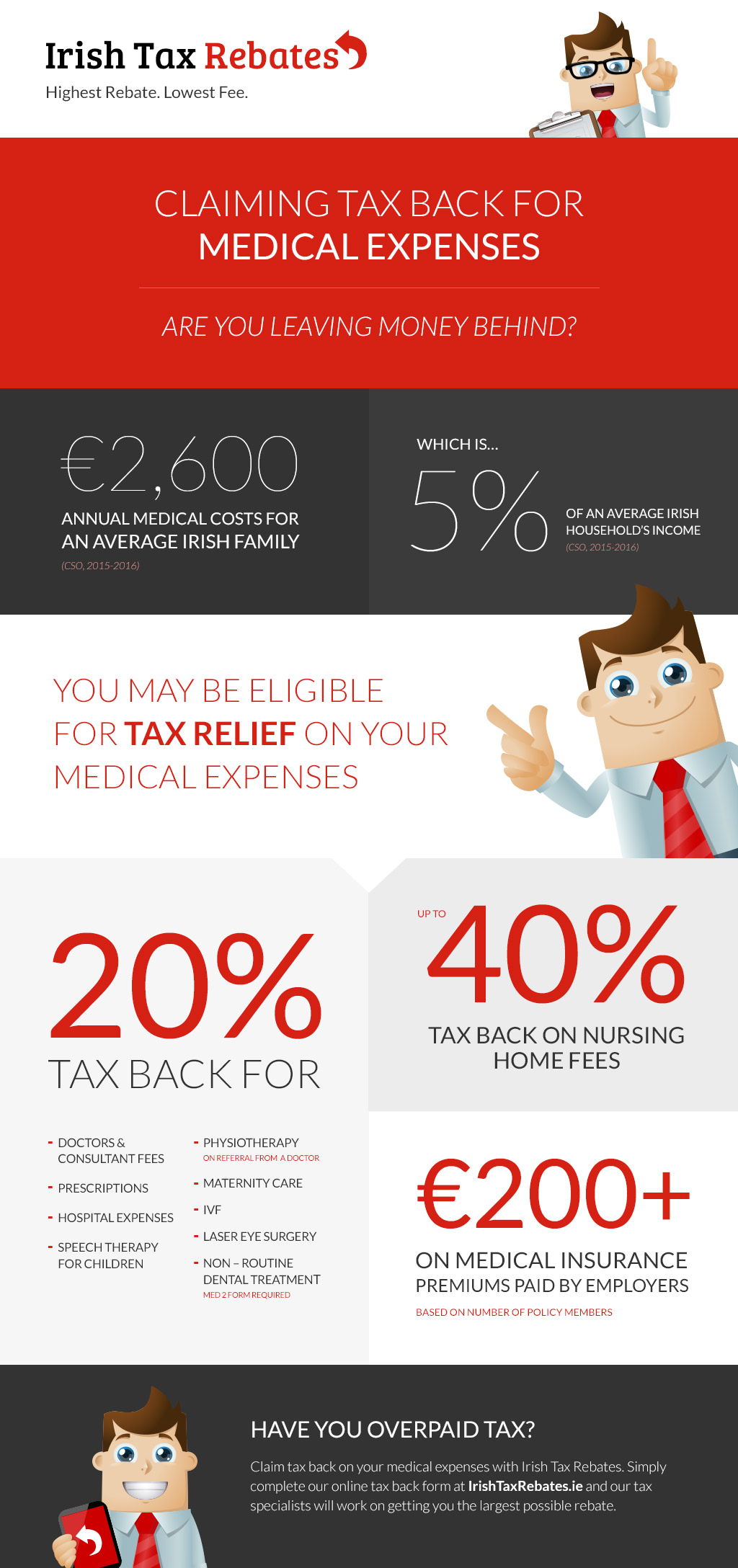Is SMILE Eye Surgical Procedure Right For You? Trick Factors To Consider And Insights
Is SMILE Eye Surgical Procedure Right For You? Trick Factors To Consider And Insights
Blog Article
Post Written By-Hollis Cochran
If you're pondering SMILE eye surgical treatment, consider this: are you prepared to embrace potential visual flexibility, or does the idea of any type of threats make you hesitate? Your decision will certainly hinge on a mindful balance of weighing the benefits against the uncertainties. It's vital to dig deeper right into the subtleties of SMILE surgical treatment to make an educated choice that aligns with your aesthetic goals.
Comprehending SMILE Eye Surgical Procedure
When taking into consideration SMILE Eye Surgery, it is essential to understand the procedure and its advantages. SMILE, which represents Little Incision Lenticule Extraction, is a minimally intrusive laser eye surgery that remedies typical vision troubles like nearsightedness (nearsightedness).
During the procedure, your eye specialist will make use of a femtosecond laser to develop a little incision in your cornea. With this laceration, a tiny disc of tissue called a lenticule is eliminated, reshaping the cornea and fixing your vision.
Among the vital benefits of SMILE Eye Surgical procedure is its quick recovery time. Many individuals experience boosted vision within a day or 2 after the treatment, with very little pain.
Additionally, SMILE is recognized for its high success rate in giving long-term vision adjustment. Unlike LASIK, SMILE doesn't call for the creation of a flap in the cornea, decreasing the risk of problems and allowing for a much more stable corneal framework post-surgery.
Comprehending PRK For High Myopia and its benefits is critical when considering SMILE Eye Surgical procedure for vision improvement.
Advantages and disadvantages of SMILE
Taking Into Consideration SMILE Eye Surgical treatment for vision correction includes various benefits and prospective downsides.
One of the primary pros of SMILE is its minimally invasive nature, as it involves a little cut and typically results in quick healing times. The procedure is likewise known for causing marginal discomfort and completely dry eye signs and symptoms post-surgery contrasted to other vision adjustment approaches. In addition, SMILE has actually been revealed to offer exceptional visual results, with lots of individuals achieving 20/20 vision or better.
On the other hand, a possible disadvantage of SMILE is that it may not be suitable for individuals with serious refractive mistakes, as the treatment variety is rather restricted compared to LASIK. One more consideration is that the discovering curve for specialists implementing SMILE can affect the accessibility of seasoned providers in certain locations.
It is essential to evaluate these advantages and disadvantages thoroughly when determining if SMILE is the best choice for your vision improvement needs.
Establishing Eligibility for SMILE
To establish if you're qualified for SMILE eye surgery, your ophthalmologist will conduct a comprehensive evaluation of your eye health and vision demands. During this evaluation, variables such as the stability of your vision prescription, the thickness of your cornea, and the total wellness of your eyes will be assessed.
Typically, prospects for SMILE more than 22 years of ages, have a steady vision prescription for at the very least a year, and have healthy and balanced corneas without problems like keratoconus.
Your ophthalmologist will likewise consider your general eye health and wellness, any type of existing eye conditions, and your way of life needs to determine if SMILE is the appropriate selection for you. It's necessary to communicate any kind of particular aesthetic demands or concerns you might have during this examination to guarantee that the therapy straightens with your expectations.
If you aren't qualified for SMILE, your eye doctor may recommend alternative vision adjustment choices that better suit your individual needs and eye health standing.
Conclusion
Eventually, choosing whether SMILE eye surgical treatment is right for you calls for careful factor to consider of your individual eye health and visual needs. Consult with your optometrist to establish your qualification for the treatment and weigh the potential advantages and downsides. Remember to connect PRK Astigmatism of issues or concerns you might have throughout the assessment process to make an educated choice regarding your vision modification choices.
